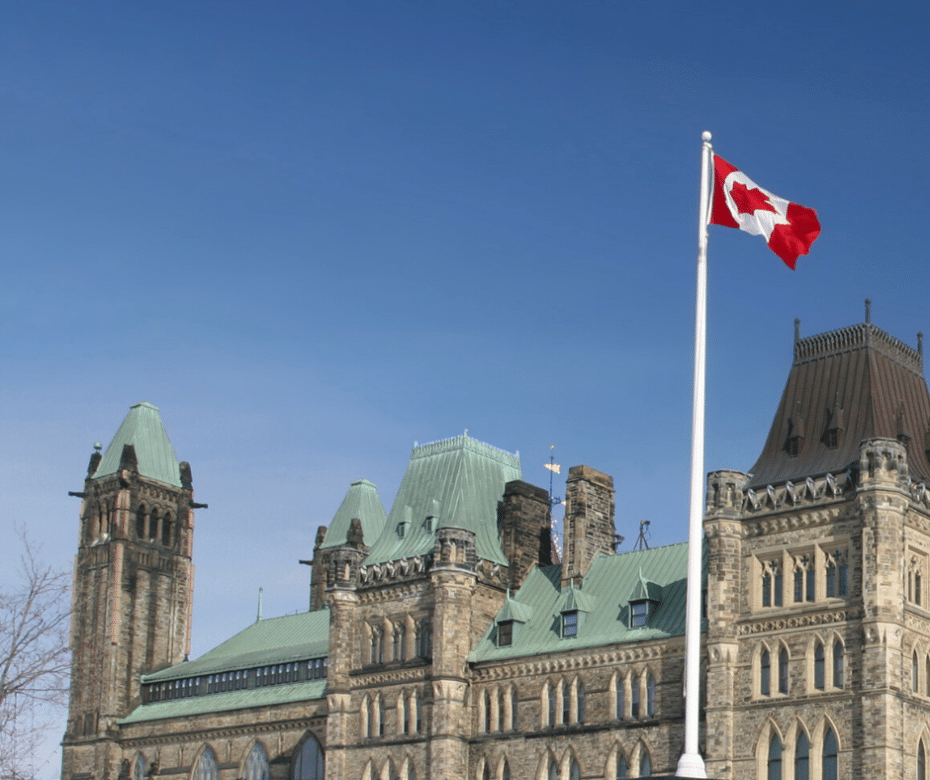Call Us At 519.672.5666
Insights & Articles
Capital Gains Tax Changes Still Effective

The CRA recently notified that it will still apply the new, increased, capital gains inclusion rate.1
While it was initially thought that the prorogation of the Canadian Parliament would end the increase in the capital gains inclusion rate, it appears that the Canada Revenue Agency (CRA) is relying on a constitutional convention to proceed with the changes.
Based on the general understanding of prorogation, all legislation that has not received Royal assent “dies”.2 However, prorogation and tax law are more complicated than this generalization.
The CRA is relying on the constitutional convention that tax proposals are effective upon the tabling of the Ways and Means motion. The CRA does not identify the source of this constitutional convention, but I was able to find two such sources.3
Both of the above noted sources cite Michael H. Wilson, The Canadian Budgetary Process – Proposals for Improvement, Department of Finance Canada, May 1985. A copy of this paper cannot be found online. However, reference to it is found in Securing Economic Renewal: Budget Papers, Supplementary Information and Notices of Ways and Means Motions on the Budget4 at page 70.
Without getting into the weeds of Canadian constitutional law, it is generally accepted that constitutional conventions can have the force of law. However, a constitutional convention exists in a sort of grey area of the law if it has not been codified into legislation or been subject to judicial interpretation (i.e. having the courts decide the limits of the constitutional convention).
Based on this, it appears that what the CRA is doing is legal per constitutional law.
Importantly, the CRA position would apply to all tax changes which were subject to the tabling of a Ways and Means motion but where no legislation has been passed.
Given this, it appears that taxpayers who want to avoid paying interest (and possibly penalties) should take a conservative approach to filing: pay taxes at the higher capital gains rate. This is because if the legislation is eventually passed, it would almost certainly be made retroactive to June 25, 2024. If the legislation is not revived then you get a refund.
But you have to wonder, if a taxpayer challenged an assessment based on the higher capital gains rate at Tax Court of Canada, on what authority could the CRA collect the tax given there is nothing in the Income Tax Act (ITA) that empowers such collection? After all, the power of the Tax Court is limited to the correctness of an assessment,5 and if the power to tax is not found in the ITA, then the assessment is incorrect. In other words, if the imposition of tax is not found in the ITA, then presumably a judge could not uphold the assessment. I am not aware of a constitutional question of this nature previously being raised at the Tax Court of Canada.
If you would like to discuss how the changes in the capital gains tax inclusion rate could apply to you, please contact the author of this article and experienced Tax Lawyer R. Graham Morton.
This article was written by Tax Lawyer R. Graham Morton.
- The CRA is administering proposed capital gains inclusion rate legislation, CRA Newsroom, Tax Tips 2025, January 8, 2025 ↩︎
- Chapter 8: The Parliamentary Cycle, House of Commons Procedure and Practice, Third Edition, 2017, Edited by Marc Bosc and André Gagnon ↩︎
- Chapter 18: Financial Procedures, House of Commons Procedure and Practice. Second Edition, 2000, Edited by Robert Marleau and Camille Montpetit (See footnote 332 and the corresponding paragraph) ↩︎
- 5.4 Ways and Means Motions, The Parliamentary Financial Cycle, Second Edition, September 24, 2021, Shaowei Pu and Alex Smith (See footnote 22 and the corresponding paragraph) [1] Tabled in the House of Commons by the Honourable Michael H. Wilson, Minister of Finance, May 23, 1985 ↩︎
- Tax Court of Canada Act (R.S.C., 1985, c. T-2), section 12 ↩︎

